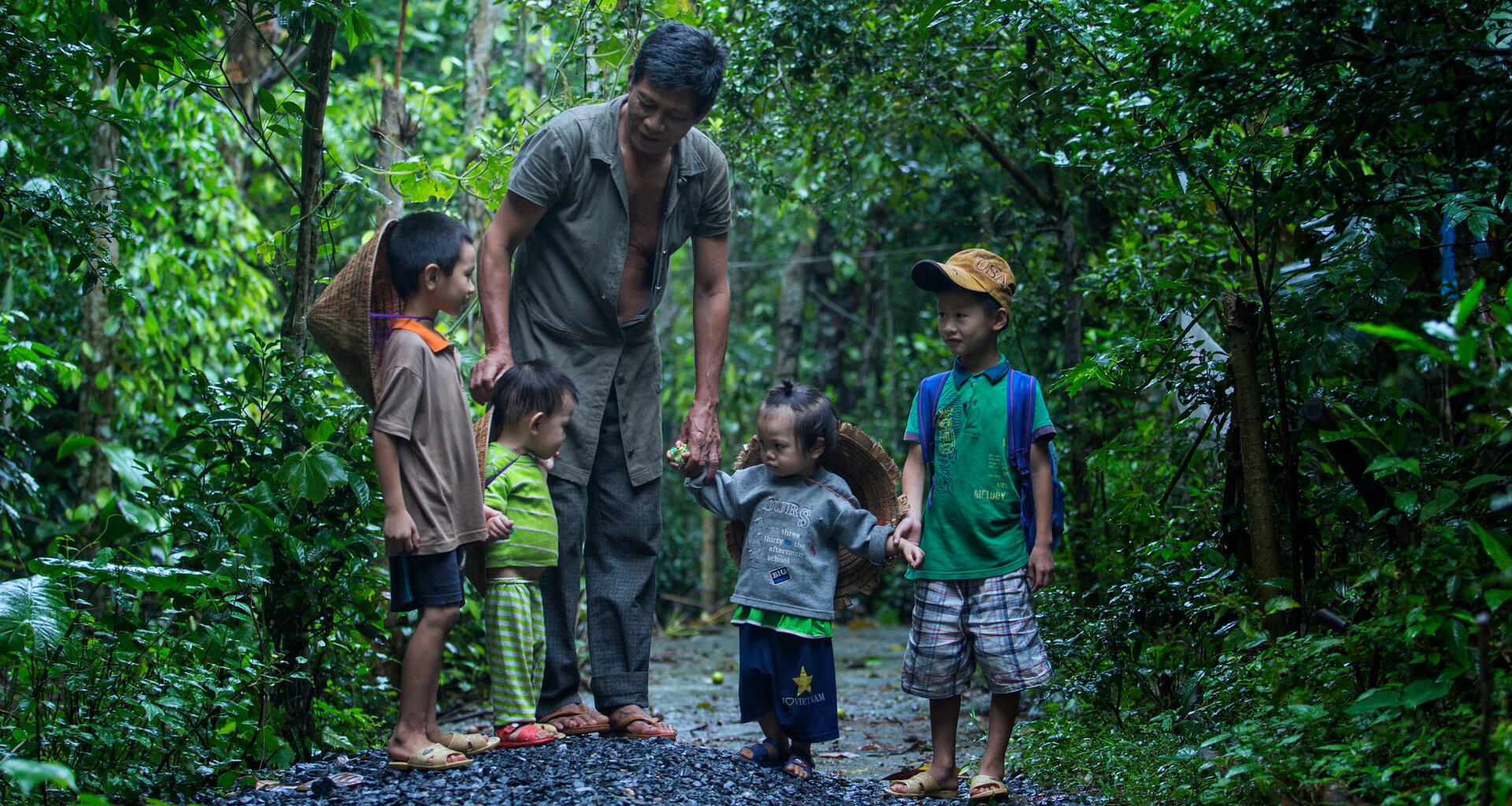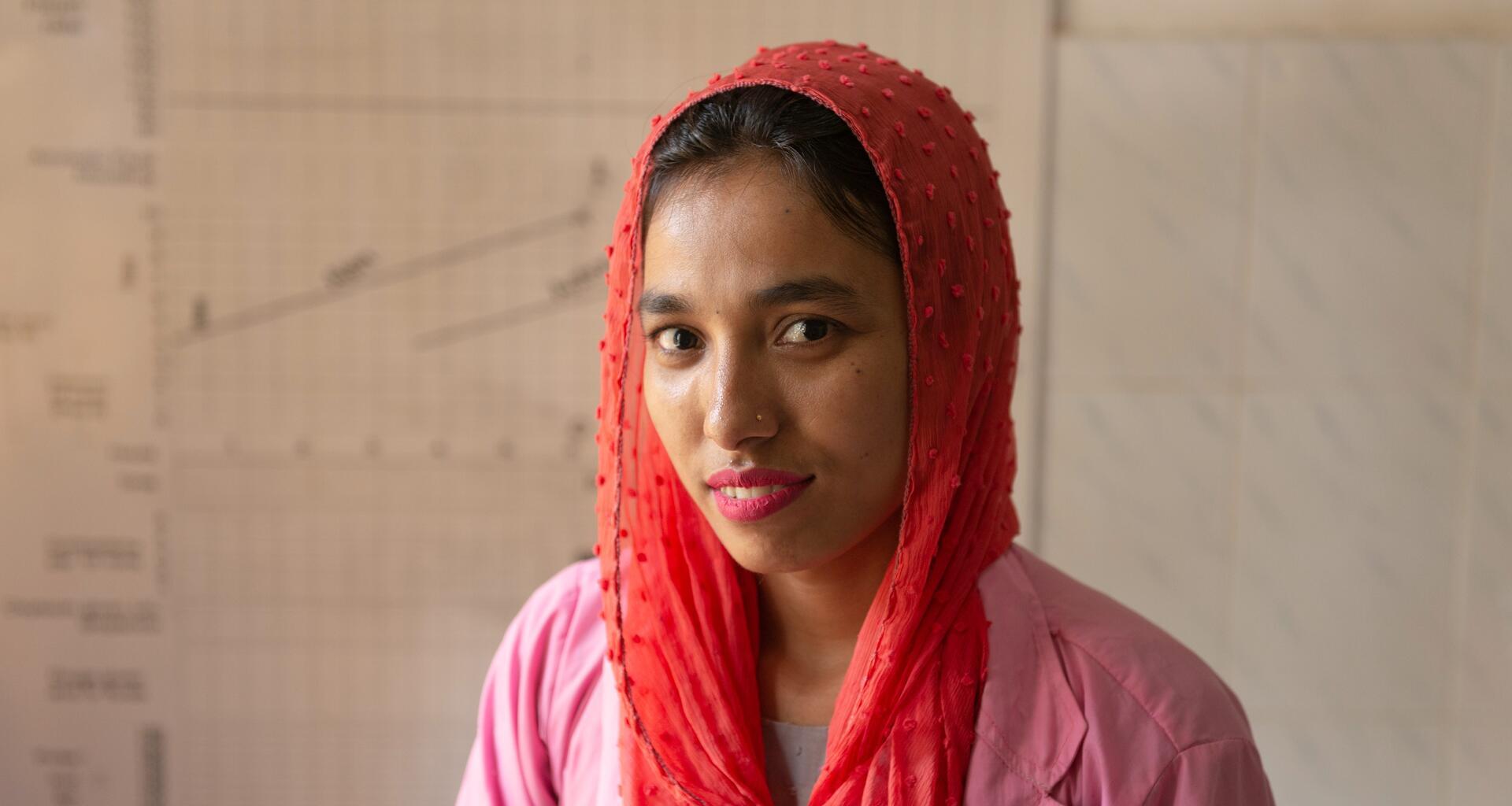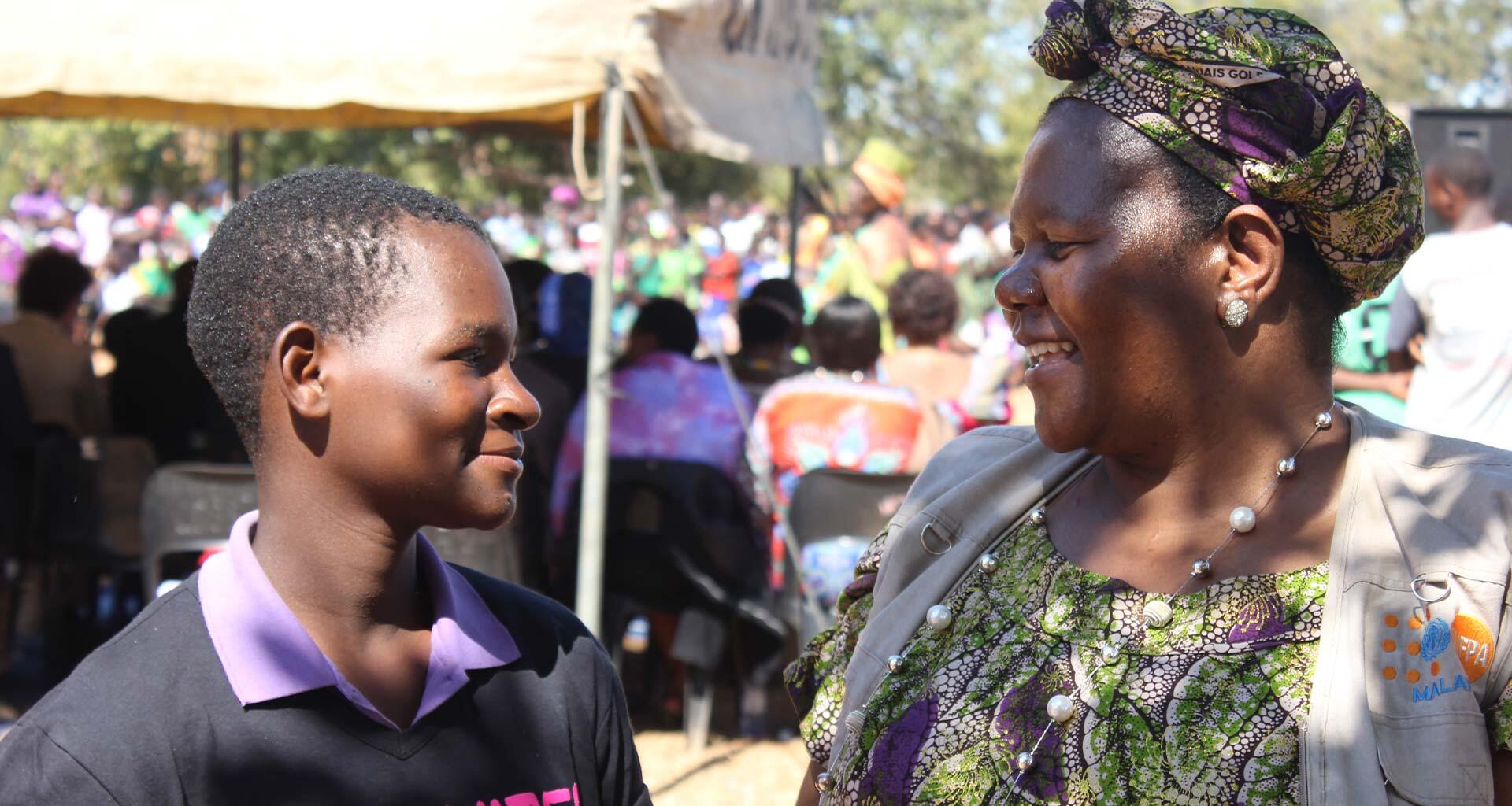We are no longer accepting applications for this position.
Consultancy- To provide technical support in secondary data analysis, synthesis and use into programmatic interventions for the UNFPA-UNICEF Joint Programme on the Elimination of Female Genital Mutilation, GHRB, Technical Division
- Level: Consultant
- Contract type: Consultancy
- Closing date: 29 Feb 2024 05:00 PM (America/New_York)
- Duty station: Remote
Publication
Technical Note: Developing Anti-FGM Laws Aligned with Human Rights
Number of pages: 32
Publication date: 31 Dec 2023
Author: UNFPA, UNICEF
Annual Report
2022 Annual Report of FGM Joint Programme: Reimagining Resilience
Number of pages: 36
Publication date: 01 Oct 2023
Publisher: UNFPA, UNICEF
News
Women in Guinea-Bissau speak out against female genital mutilation: “I’m lucky to be alive”
- 13 September 2023
Statement
World will miss target of ending FGM by 2030 without urgent action – including from men and boys
02 February 2023
Resources
Factors associated with the perception of ease and intention to practice female genital mutilation on daughters: A cross-sectional study of cross-border communities in Ethiopia, Kenya, Somalia, and Uganda
Resource date: Jul 2023
Publisher: UNFPA
This study addresses cross-border female genital mutilation (FGM) practice, cross-border FGM takes place when communities cross national borders to perform FGM, circumvent laws and avoid prosecution. Using data from a recent cross-border study, this paper aims to identify factors associated with the perception of the ease of cross-border FGM and the intention to perform FGM on daughters and female relatives in the border communities of Ethiopia, Kenya, Somalia and Uganda.
News
“We are making a difference”: Advocating against period poverty and female genital mutilation in The Gambia
- 29 May 2023
News
Rallying men and boys in the fight against female genital mutilation
- 06 February 2023
Female genital mutilation is a practice that involves altering or injuring the female genitalia for non-medical reasons. Internationally recognized as a human rights violation, it is estimated that some 230 million girls and women globally have undergone some form of female genital mutilation. Although the practice is declining in the majority of countries where it is prevalent, most of these countries are also experiencing a high rate of population growth – meaning that the number of girls who undergo female genital mutilation will continue to grow if the practice continues at current levels.
Resources
UNFPA research on FGM highlights increased risk: A call for evidence and action to end female genital mutilation by 2030
Resource date: May 2023
Publisher: UNFPA




